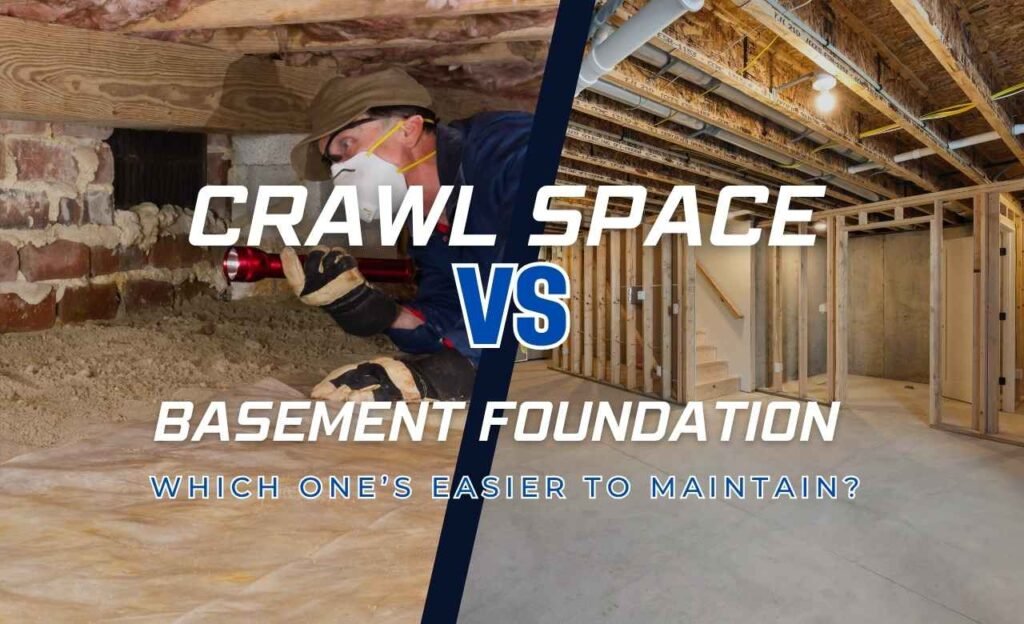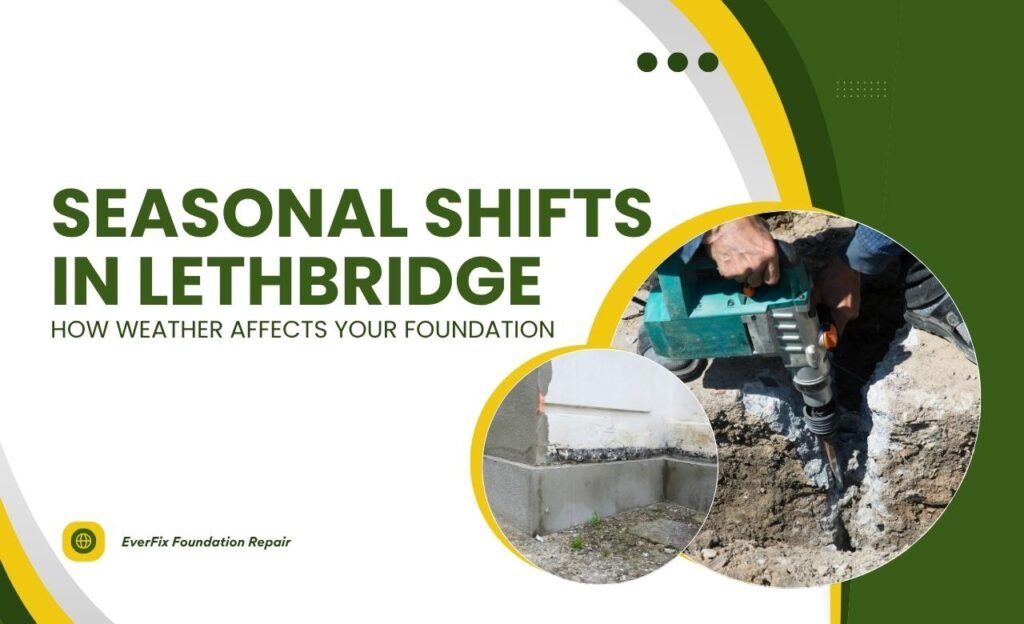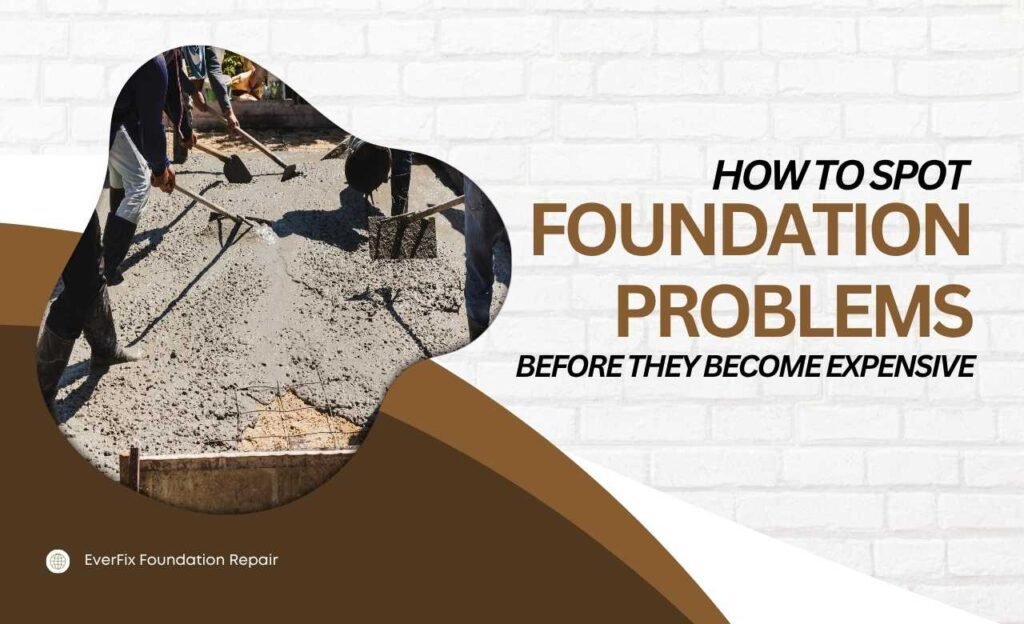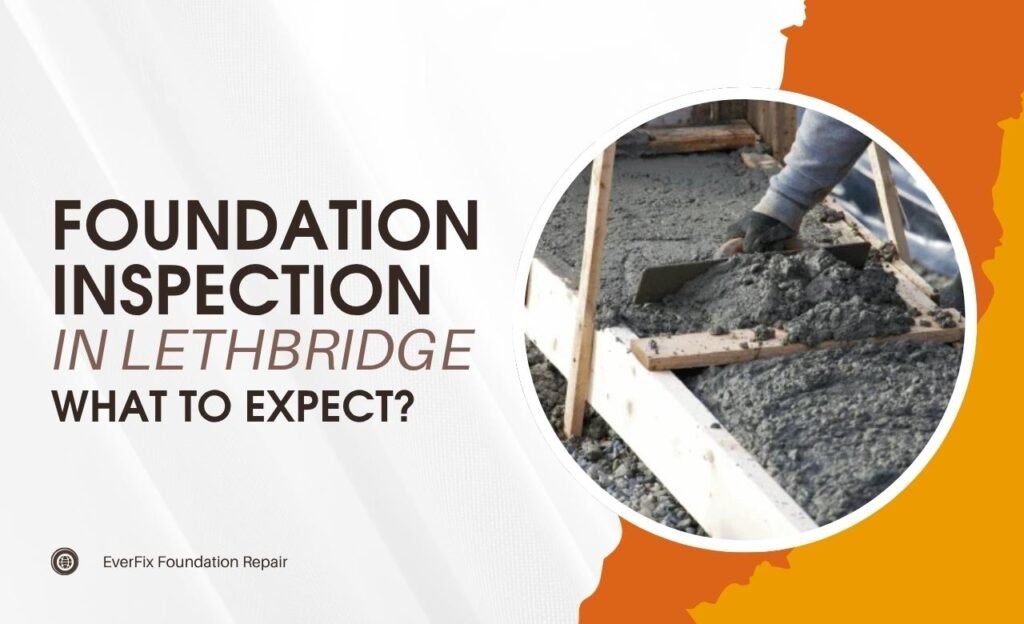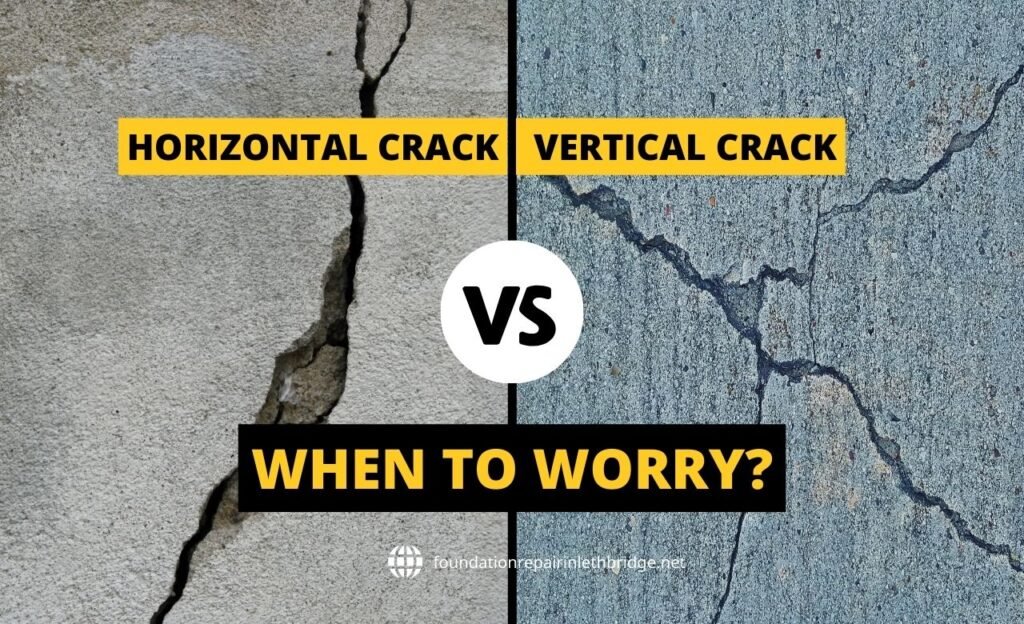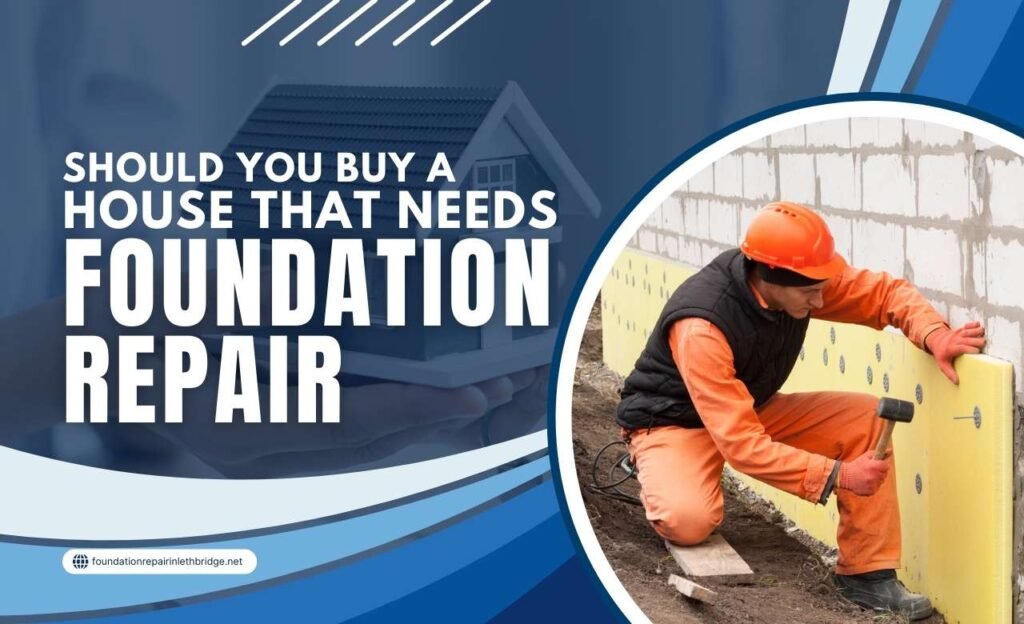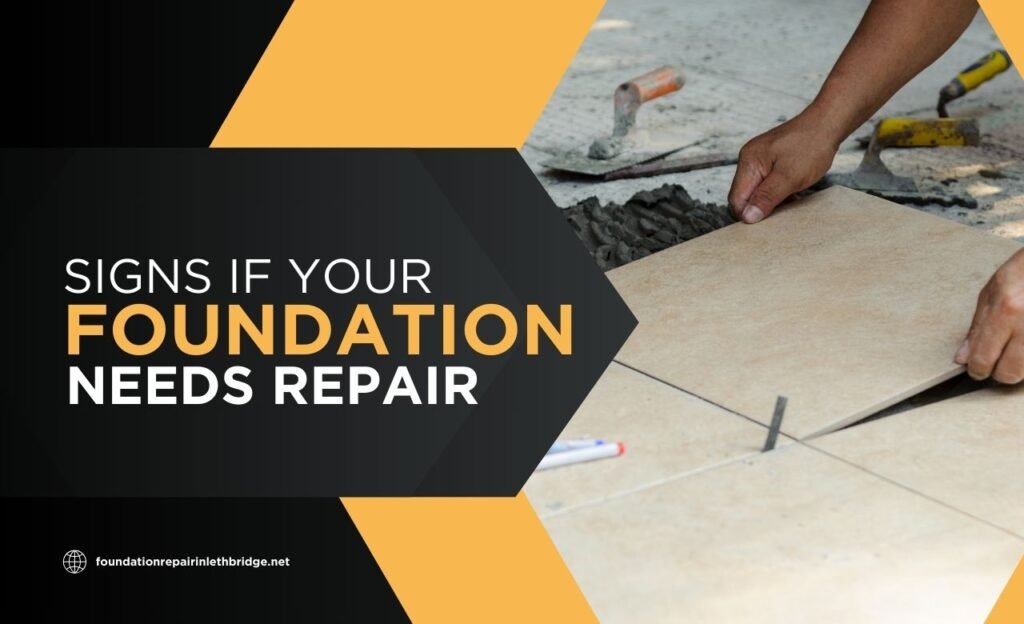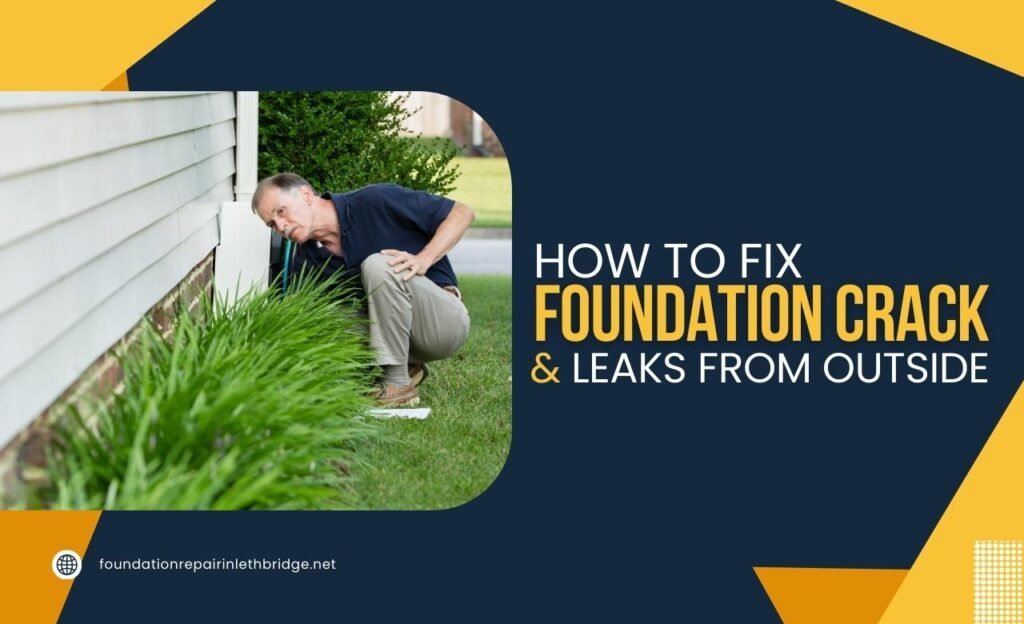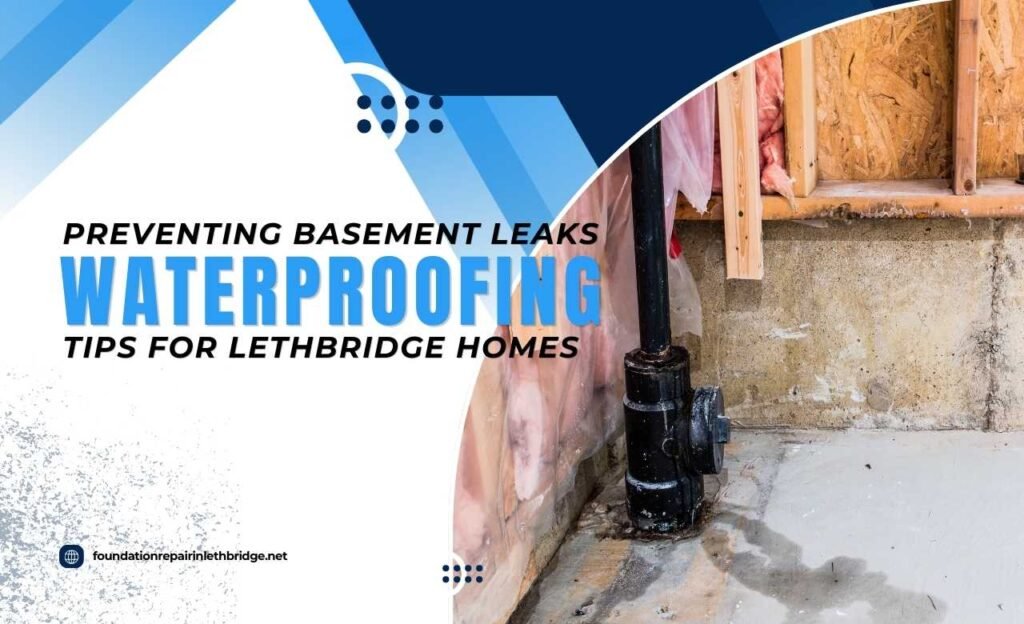Crawl space vs Basement Foundation: Which One’s Easier to Maintain?
If you’re building a new home or maintaining an existing one in Lethbridge, it’s important to understand the differences between crawl space and basement foundations. Both foundation types are common in residential construction, and each has its advantages, challenges, and maintenance needs. We will compare crawl spaces and basements side by side. We’ll cover how each one functions, what kind of maintenance they need, and how to keep them in good shape throughout the year. In case your home has a crawl space or a basement, knowing how to care for it will help you avoid future problems. What Is a Crawl Space Foundation? A crawl space is a small area between the ground and the bottom of your home. It’s usually about 2 to 4 feet high, just enough space for someone to crawl through, but not stand upright. This space is typically unfinished and used to house plumbing, wiring, and heating systems. What Is a Basement Foundation? A basement is a full-height space below your home, often finished or used for storage, laundry, or mechanical systems. It can be fully or partially underground and may serve as an extra living space depending on the layout and design. Comparison Table: Crawl Space vs Basement Maintenance for Crawl Spaces Crawl spaces require careful attention, especially in areas with high moisture or shifting soil. Common maintenance tasks include: Sealing and insulating: Prevent moisture, pests, and cold air from entering. Vapor barriers: A plastic barrier laid on the ground to reduce dampness. Pest control: Regular inspections to check for rodents or insects. Drainage systems: Installing proper drainage to keep water from pooling. Ventilation: Ensuring vents are open or sealed depending on the season. Regular checks are important to avoid mold growth, wood rot, and structural weakening. Maintenance for Basements Basements are easier to access, which can make maintenance more straightforward. However, they also require attention, especially if the basement is unfinished or prone to leaks. Common maintenance tasks include: Waterproofing the walls: To prevent water seepage from outside. Sump pump installation and testing: To remove any water that enters. Crack inspections and repairs: Small cracks can grow and let in moisture. Dehumidification: Keeping the basement dry and air quality clean. Insulation and air sealing: Especially if the basement is used as a living space. Pros and Cons of Each Type of Foundation Choosing the Right Option for Your Home If you already have a foundation, understanding its needs is the first step. But if you’re building or renovating, the choice between a crawl space and a basement may depend on your budget, lifestyle, and soil conditions in your area. Both types can last for decades with proper care. The key is to know their unique needs and follow a consistent maintenance plan. We Provide Both Crawl Space and Basement Services in Lethbridge Everfix Foundation Repair works on all types of foundations. If your home has a crawl space or a basement, we offer reliable repair, inspection, and waterproofing solutions to keep your home strong and safe. If your home has a low-clearance crawl space or a fully finished basement, we offer repair, inspection, and maintenance services designed for Lethbridge homes. Explore our Crawl Space Repair service and Basement Foundation Repair service to learn more or schedule a no-pressure consultation with our team.

